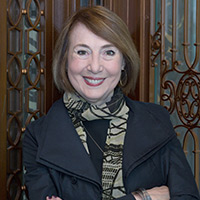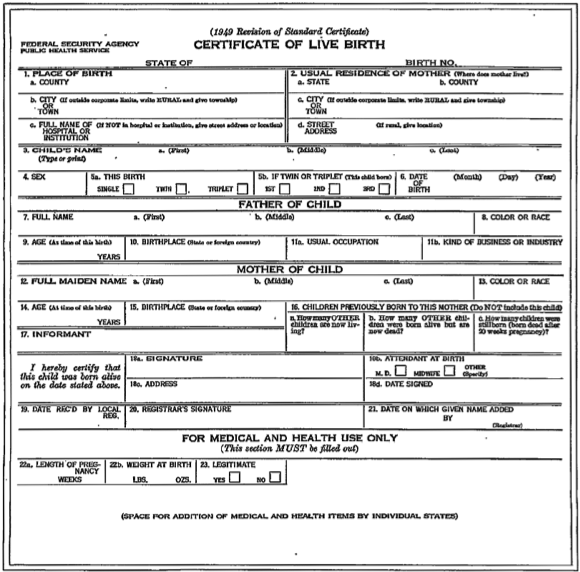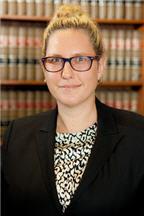The Annual Equality Conversations at CUNY School of Law typically pair a CUNY Distinguished Professor with a Professor of Law for an interdisciplinary discussion of a topic relevant to the “Liberty, Equality, and Due Process” (LEDP) with an audience of all 1L students in the required LEDP course, faculty members, and guests.
The topic for this year’s conversation is Technology and Education

 It features Distinguished Professor Cathy Davidson, Director of CUNY Futures Initiative (pictured left)
It features Distinguished Professor Cathy Davidson, Director of CUNY Futures Initiative (pictured left)
and Professor of Law Natalie Gomez-Velez, Director of CUNY Law’s Center for Latino/Latino Rights and Equality (pictured right).
If you are not a member of the law school community and are interested in attending, please contact Professor Ruthann Robson.
Past conversations have been published and include:
A Discussion of Poverty, Class, and Economic Justice Between Frances Fox Piven and Stephen Loffredo, 11 N.Y. City L. Rev. 1 (2007).
A Conversation on Health and Law, with Janet Calvo & Dr. Nicholas Freudenberg, 12 N.Y. City L. Rev. 63 (2008).
Translating Equality: Language, Law And Poetry, A conversation with Kimiko Hahn and Jenny Rivera, 13 N.Y. City L. Rev. 233 (2010).
Work, Work, and More Work: Whose Economic Rights A Conversation Between Stanley Aronowitz and Shirley Lung, 16 CUNY Law Review 391 (2013).





